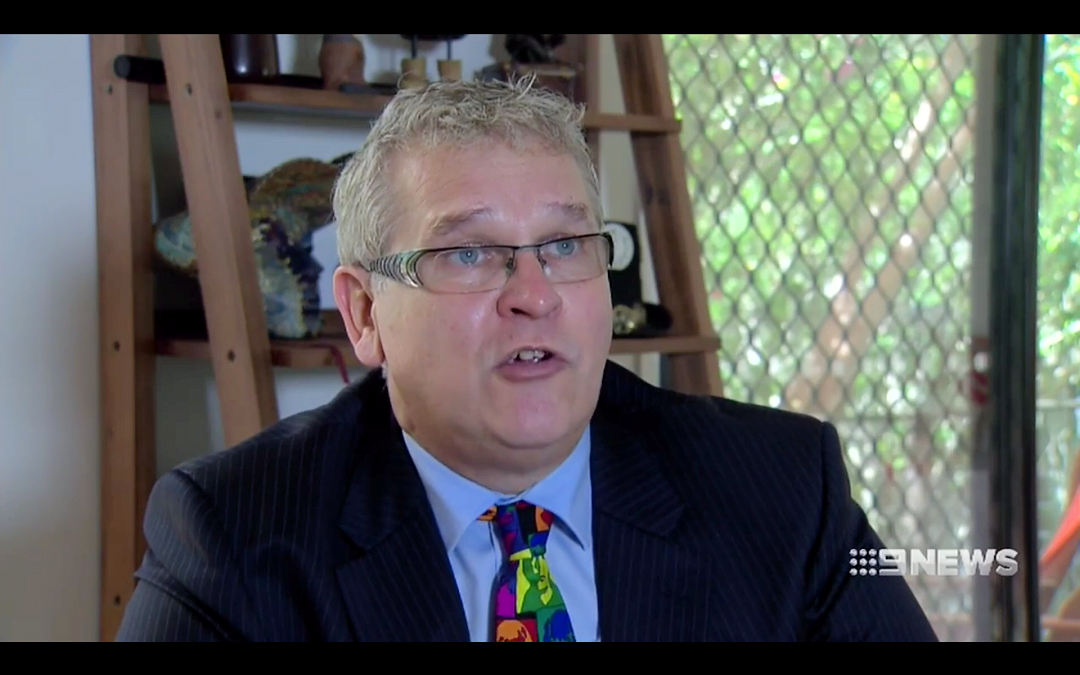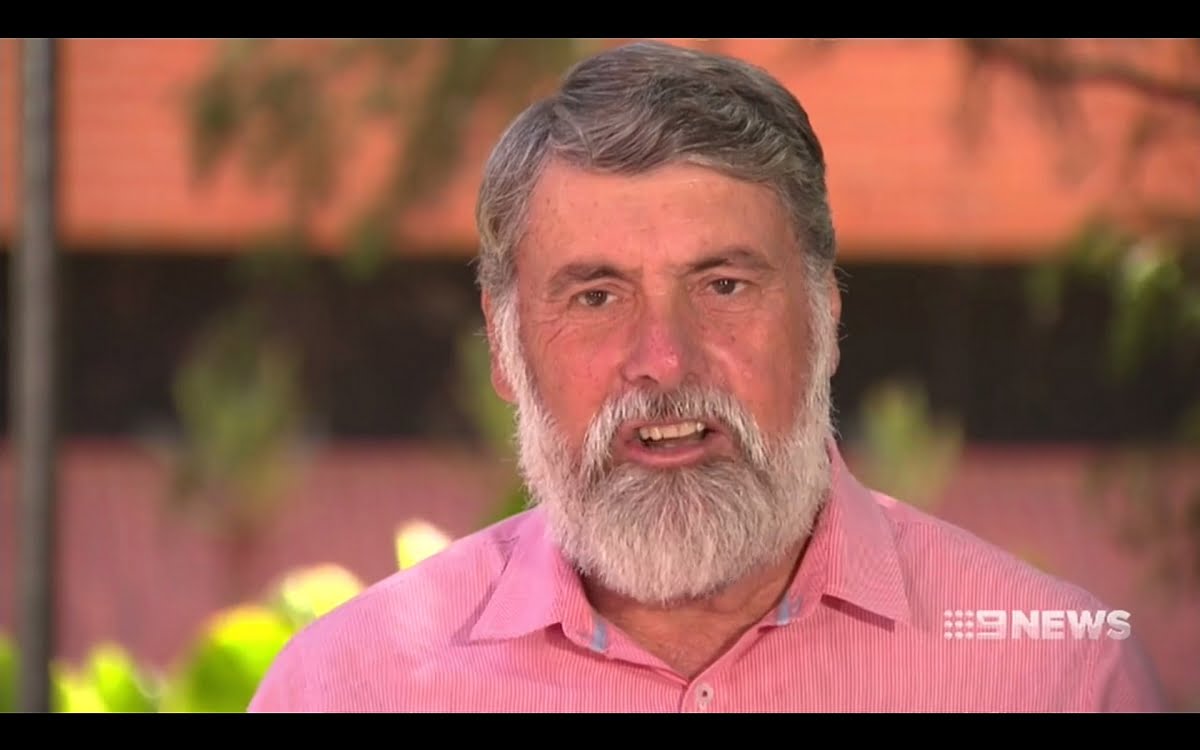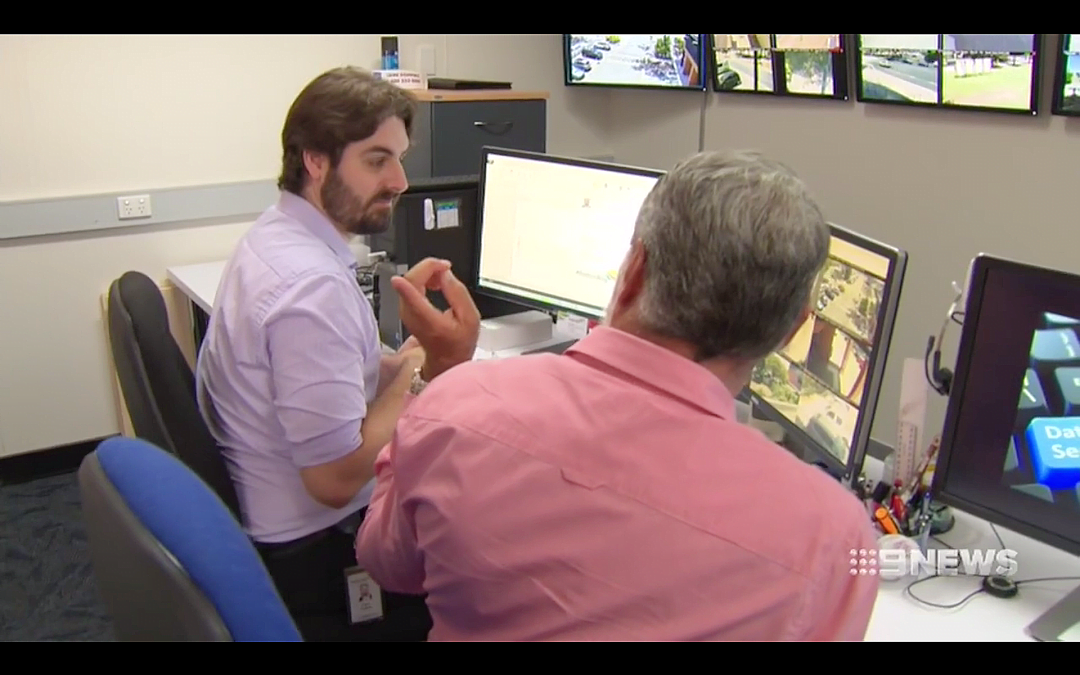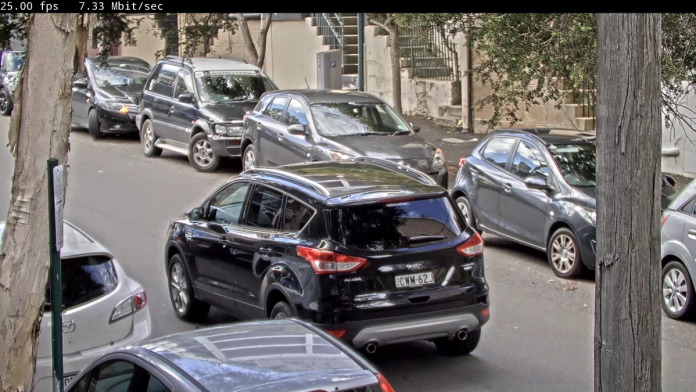MORETON Bay Regional Council has installed a comprehensive video surveillance solution monitoring high risk locations in the council area but the revelation audio is also being recorded from 330 cameras has attracted the attention of Queensland’s privacy commissioner, Phil Green.
After the cameras began recording audio on Monday, February 6, Green told the ABC he was in the process of enquiring to see if the use of the technology breached privacy laws.
"I'm still in the fact-finding mode — I obviously don't act rashly, I'm trying to look into this and have a rational, good public debate on the issue," Green said.
"If the public isn't happy with this sort of development, then the State Government can enact laws, but I think the laws already possibly stop this sort of thing happening."
Meanwhile, Queensland Law Society president Bill Potts told the ABC the public should be concerned.
"It seems that not only big brother is watching but in the guise of the Moreton Bay council, he's also listening," Potts said.

Bill Potts, Queensland Law Society
"I can understand why people in a public place may have no expectation of privacy, but their ordinary conversations about their friends, about their families, about their work and just ordinary social chit-chat, should always remain completely sacrosanct.
"If the Mayor was fair dinkum in his argument that only those people who have something to hide would object to being listened to by the Moreton Bay Regional Council, perhaps he could volunteer to be listened to seven days a week, 24 hours a day, by his constituents before he understands the value of privacy."
Potts also told Channel 9 the surveillance was being “done in the dark…so some public servant could pick up scuttlebutt…and there’s no power to stop them…”
Potts’ assertions seem to discount the fact Council’s security and safety surveillance solution is governed by the usual privacy protocols, which demand rigid conformance to proscribed rules surrounding use of video surveillance and in this case, audio recordings.
The recordings are held for 45 days and if police do not formerly undertake a process of requesting data in support of a criminal investigation, they are written over by fresh recordings. Most public safety systems that are monitored live are also used in support of police officers in real time.

MBRC Mayor, Allan Sutherland
Meanwhile, MBRC’s mayor Allan Sutherland said the system would boost community safety.
"Moreton Bay Region now has the ability to not only see what's going on, but to be able to hear what's going on," he said. "We don't listen on a daily basis; as requested if the police come along and say: 'Can we have the footage (then we provide it)’.”
An official release from Council stated: "Council is satisfied its use of the CCTV footage and audio is consistent with its obligations under the Information Privacy Act."
While video surveillance is generally considered a central plank of safe city programmes and has a proven record of assisting in the resolution of crimes, it’s the addition of audio recordings that seems to be the issue in Queensland. Most modern security cameras offer the capability of recording audio, some even detect loud noises including gunshots and incorporating this data stream would certainly enhance surveillance quality.

MBRC's safecity control room
SEN’s considerable experience of public surveillance systems across Australia clearly attests that the men and women who operate such CCTV systems in 24-hour control rooms, far from being "public servants picking up scuttlebutt" have an intense duty of care, work hand-in-hand with state police, and are particularly finicky about issues of privacy, to the point of vetting all imagery of video walls to ensure preservation of identity. The managers and operators of public surveillance solutions are operationally and culturally protective of the city centres they serve.
Regardless, privacy commissioner Green’s findings are likely to prove a test case of the widespread use of audio recording technology in Australia. ♦
By John Adams












